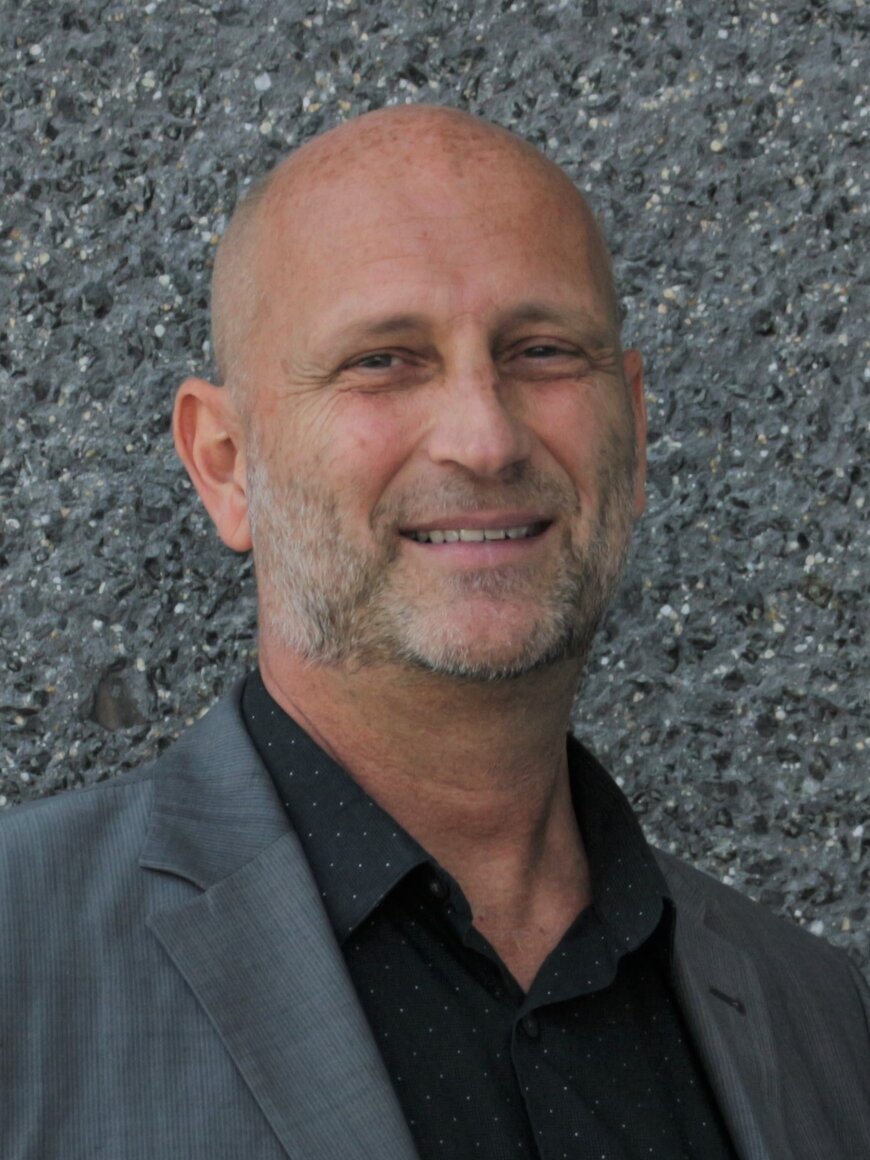
Cooperation with German Sustainable Building Council
University becomes cooperation partner of the German Sustainable Building Council
11.5.2021 | THD-Pressestelle
The European Campus Rottal-Inn (ECRI) of the Deggendorf Institute of Technology (DIT) has focused on sustainability since its foundation and has now been accepted as a cooperation partner of the German Sustainable Building Council (DGNB) in Europe's largest network for sustainable building.
For the ECRI, the cooperation offers new opportunities in the field of sustainable planning and building, from which the students of the Master's programme "Healthy and Sustainable Buildings" in particular will benefit. All of the society's teaching materials are available to them via the DGNB's knowledge platform. In addition to teaching units in online courses, this also includes modular topic blocks that can be used by the professors in classroom teaching.
The cooperation also provides direct practical relevance and knowledge exchange with other DGNB cooperation partners. This means that ECRI and its students have access to a wide range of opportunities and a large network. This is an important advantage for the students, especially with regard to their entry into professional life. In addition, they have the opportunity to take the exam to become a "DGNB Registered Professional" and thus clearly position themselves as future experts in the field of sustainable planning and building. This not only offers advantages on the job market, but also saves students time and money if they wish to train as DGNB consultants or auditors later in their careers.
Prof Dr Michael Laar, who as an architect has been a member of the DGNB since its founding, was accepted into the pool of experts in 2018 and coordinates the cooperation, sees a win-win situation in the partnership as the head of the "Healthy and Sustainable Buildings" degree programme: "Our students get preferential access to this important benchmarking system, while the DGNB receives national and international multipliers for its certification system for 2nd generation sustainable buildings. The German system is characterised in particular by a very holistic approach that takes into account not only ecological, economic, socio-cultural and functional quality, but also technical quality as well as process and site quality. It is precisely the understanding of the very complex interrelationships of sustainable building that this imparts that forms the basis for truly successful planners of sustainable buildings. And to train very successful planners of sustainable buildings later on is our aspiration."
The DGNB, based in Stuttgart, is Europe's largest network for sustainable building. It was founded in 2007 and has been campaigning for a sustainable built environment ever since. The focus of the non-profit organisation is the future topic of "sustainable planning and building". On behalf of the German government, the DGNB also developed the BNB sustainable building assessment system, which has been mandatory for federal buildings for several years and is also increasingly being used at the state level. The new ECRI building, for example, is to be certified with this system.
Bild (DIT/ECRI): Prof Dr Michael Laar is head of the "Healthy and Sustainable Buildings" degree programme and the cooperation at ECRI.